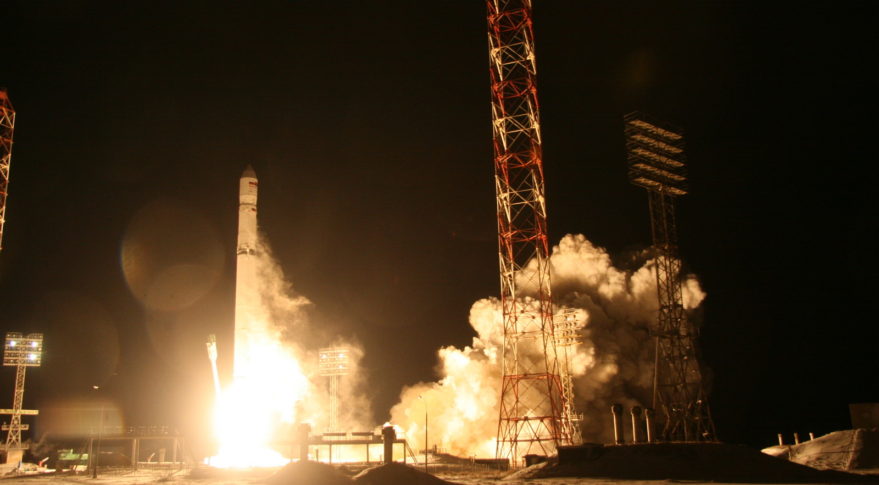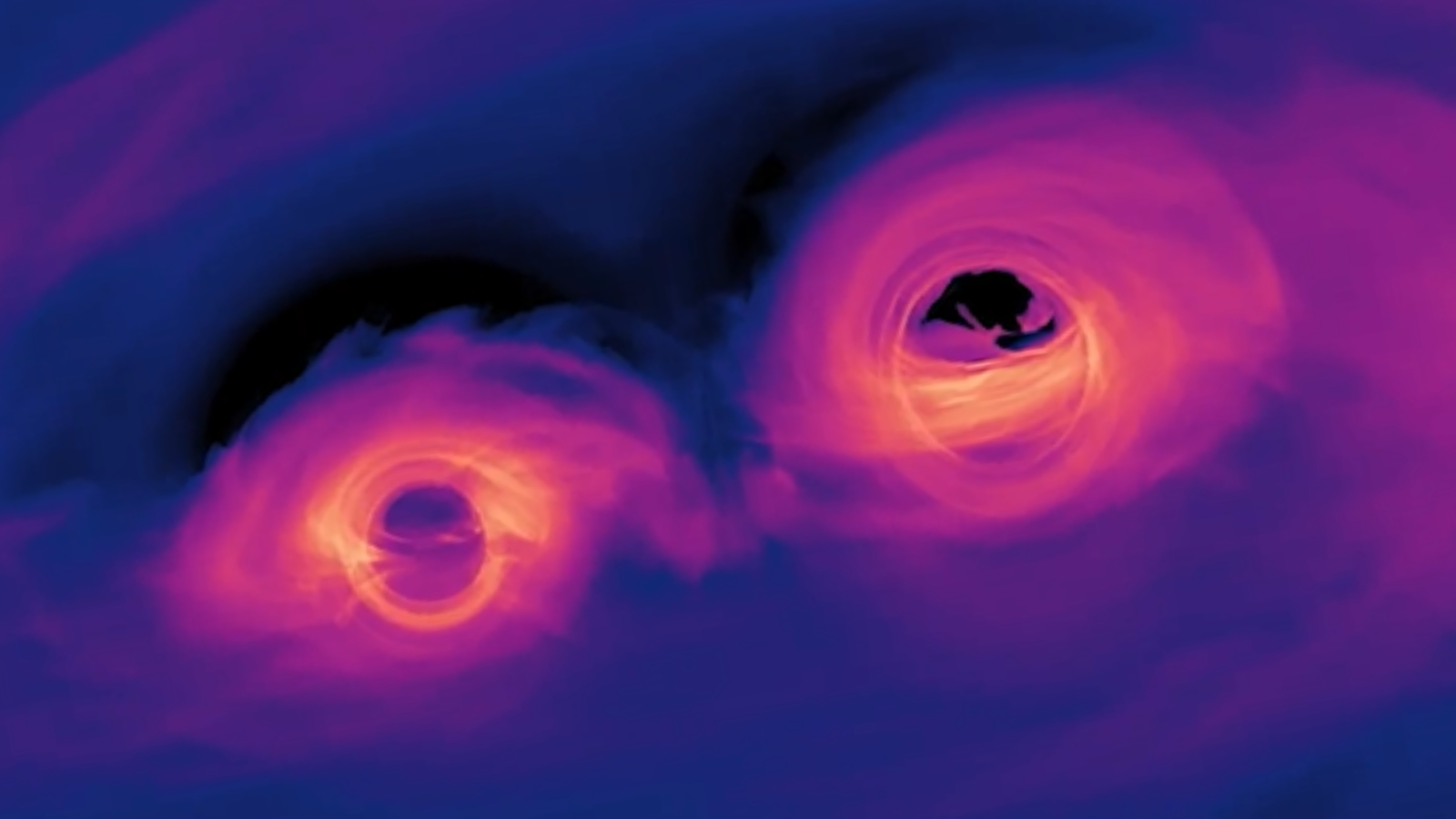Contact Lost with Angosat-1, Manufacturer Says

Breaking space news, the latest updates on rocket launches, skywatching events and more!
You are now subscribed
Your newsletter sign-up was successful
Want to add more newsletters?

Delivered daily
Daily Newsletter
Breaking space news, the latest updates on rocket launches, skywatching events and more!

Once a month
Watch This Space
Sign up to our monthly entertainment newsletter to keep up with all our coverage of the latest sci-fi and space movies, tv shows, games and books.

Once a week
Night Sky This Week
Discover this week's must-see night sky events, moon phases, and stunning astrophotos. Sign up for our skywatching newsletter and explore the universe with us!

Twice a month
Strange New Words
Space.com's Sci-Fi Reader's Club. Read a sci-fi short story every month and join a virtual community of fellow science fiction fans!
GLASSBORO, New Jersey — RSC Energia of Moscow said Dec. 27 that the satellite it built for Angola has stopped sending telemetry data after separating from the rocket upper stage that took it to geostationary transfer orbit.
In a Russian-language press release on the company website, Energia said the Angosat-1 telecommunications satellite initially established contact, but then ceased to continue communicating with ground teams.
Angosat-1 launched Dec. 26 on a roughly nine-hour Zenit mission from the Baikonur Cosmodrome in Kazakhstan. The satellite was on the way to its 13 degrees East orbital location using onboard propulsion when it lost telemetry.
Energia said the company is working to restore communications with the satellite.
Russian satellite manufacturers build numerous spacecraft domestically, but have infrequent exports. Israeli satellite operator Spaceom's Amos-5 satellite was built by Russian manufacturer ISS Reshetnev, but ceased communication in 2015 just two years after launch due to a power failure.
Angosat-1 is Angola's first satellite, and supports 16 C-band transponders and six Ku-band transponders. Like most geostationary telecom spacecraft, it has a design life of 15 years.
This story was provided by SpaceNews, dedicated to covering all aspects of the space industry.
Breaking space news, the latest updates on rocket launches, skywatching events and more!
Caleb Henry is a senior analyst for Quilty Analytics and a former staff writer for the space industry publication SpaceNews. From 2016 to 2020, Caleb covered the global satellite industry for SpaceNews, chronicling everything from launches, spacecraft manufacturing and ground infrastructure. Caleb's work has also appeared in NewSpace Global and Access Intelligence. He earned a bachelor's degree in political science with a minor in astronomy from Grove City College.

